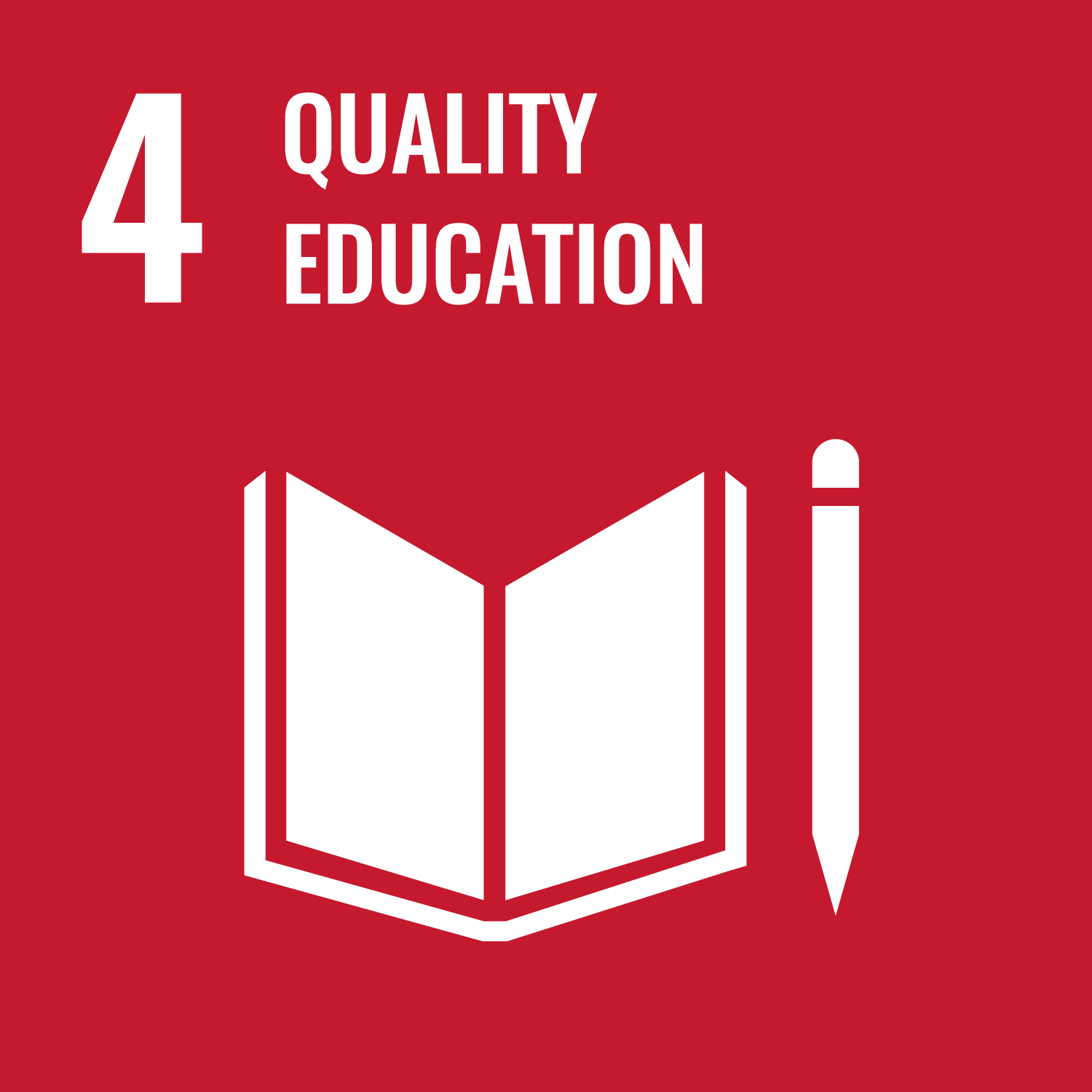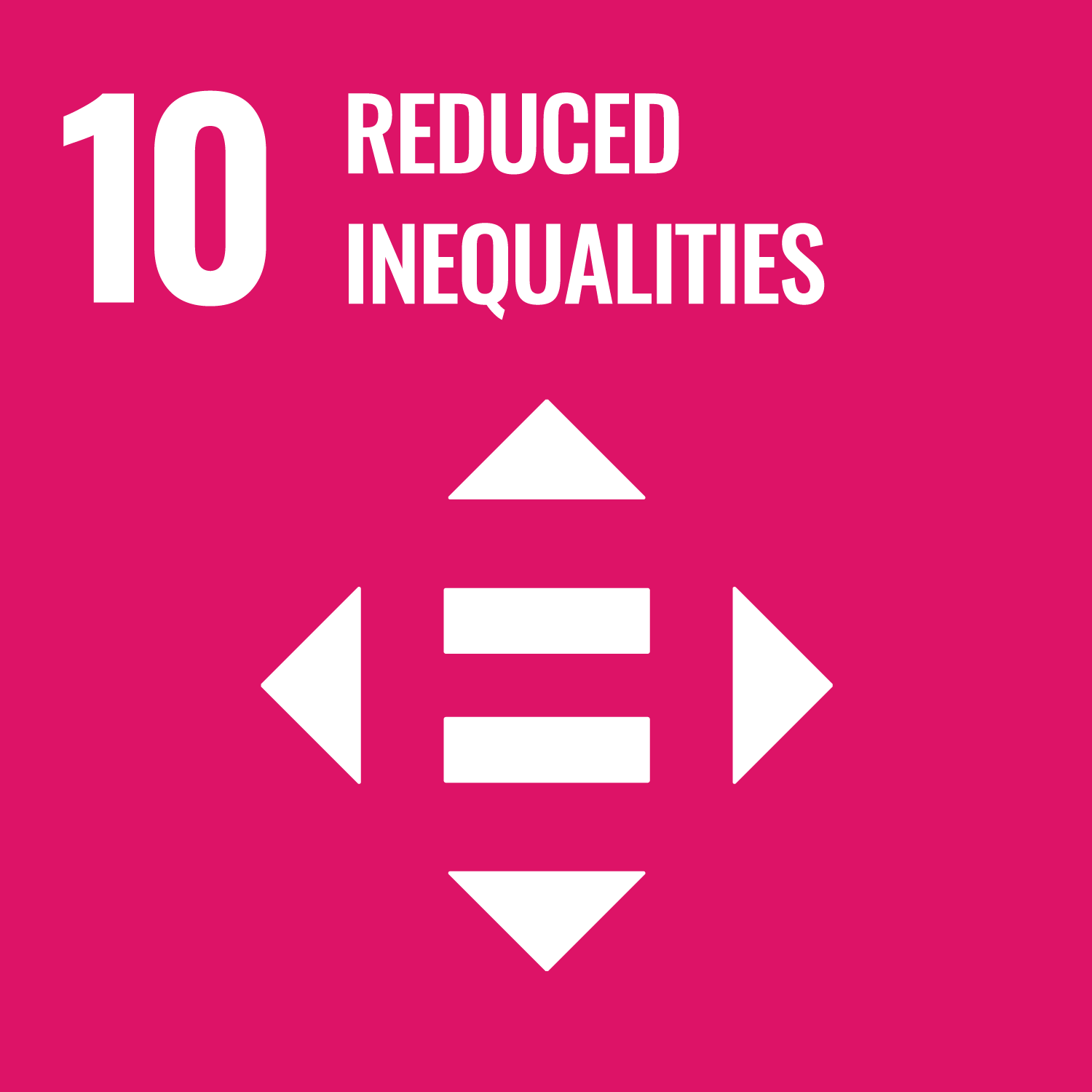Multicultural education for the dominant group in a diverse society: Multiple perspectives
Mitsuyo Sakamoto, Professor
Faculty of Foreign Studies, Department of English Studies
- Research
Mitsuyo Sakamoto, Professor, Faculty of Foreign Studies, Department of English Studies
Miki Sugimura, Professor, Faculty of Human Sciences, Department of Education
Makiko Deguchi, Professor, Faculty of Foreign Studies, Department of English Studies
Megumi Shibuya, Professor, Faculty of Psychology, Department of Education and Child Development, Meiji Gakuin University
Sachie Miyazaki, Professor, Department of English Language, Sophia University Junior College Division
Rika Tamura,Professor, Faculty of Foreign Studies, Department of Luso-Brazilian Studies

【Abstract】
Respect towards diversity and how it is understood by the members of dominant groups is the theme of this study, exploring diversity and fairness advocated in SDGs, within the context of Japanese society. Traditional multicultural education research in North America and Europe has largely imposed changes be made on the part of minorities for acculturation. This study questions and challenges this, believing that true multiculturalism will be realized not by enforcing changes only on the oppressed, but also by changing the consciousness and attitudes of the majority.
Specifically, we developed Japanese Privilege Scale (JPS), which measures the level of presence of privilege on the part of the Japanese (defined as the racially and ethnically dominant group in Japan, and documented details pertaining to its development. In addition, a case study that actually used JPS (providing a micro perspective), as well as macro studies that explored multiculturalism, globalism and diversity from socio-political perspectives, are also included in our forthcoming volume, Rethinking Diversity: Multicultural Education for the Majority which is scheduled to be released from Sophia University Press in December 2021. In celebrating its publication, a symposium, co-hosted with Sophia University Research Institute for Languages and Information (SOLIFIC), will be held on Saturday, December 18, 2021 with Dr. Ryuko Kubota of the University of British Columbia as our plenary speaker.
【Future prospects】
By developing the Japanese Privilege Scale (JPS), we hoped to contribute to the development of similar questionnaires in the future for other domains of privilege. The new Immigration Control Act was enacted in December 2018, and a new residence status called “specified skills” came into effect in April 2019. As a result, many people have begun to come to Japan from abroad for the purpose of permanent residency. In response to this situation, realizing a multicultural society has become an urgent issue in Japan, yet it is difficult to say to what extent the Japanese people really understand what this entails in actualizing a multicultural society and engaging with diversity. Creating a cohesive community with people who do not speak Japanese and are not familiar with Japanese culture can create a number of challenges that we have never encountered before. We wish to address these issues and suggest possible approaches in dealing with them.



